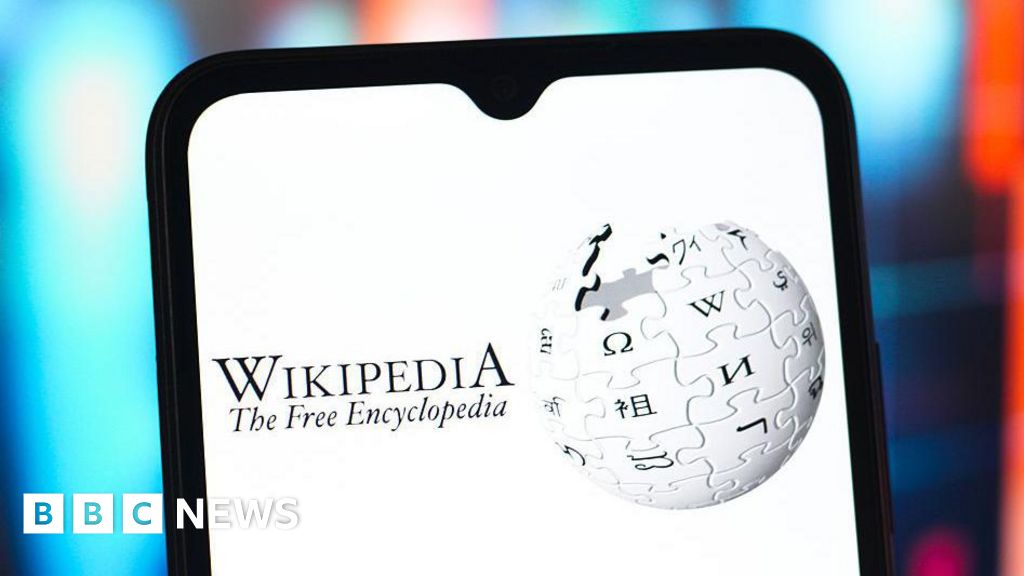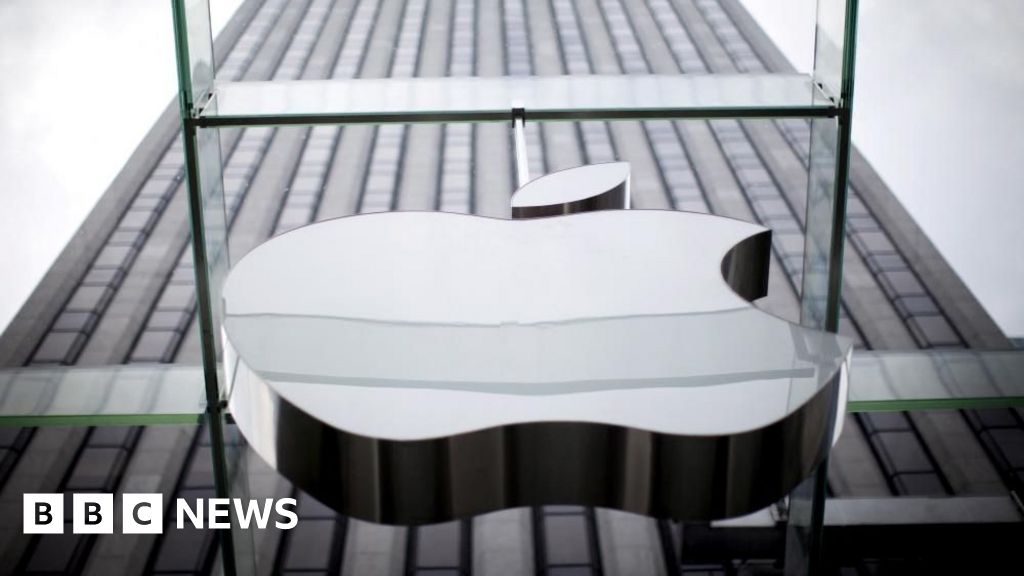ARTICLE AD BOX
By Jane Wakefield
Technology reporter
Image source, Neuralink
Image caption,The Neuralink blog shows monkeys playing with toys
Neuralink, the firm set up by Tesla boss Elon Musk to develop a device which connects our brains to computers, has denied animal cruelty claims.
A complaint filed last week to the US Department of Agriculture alleged cruel treatment of macaque monkeys which are being used to test the technology.
In a blog, Neuralink said it worked with animals in the "most humane and ethical way possible".
The firm hopes to begin human trials of the device later this year.
In the blog - posted in response to recent criticism - Neuralink emphasises its commitment to animal welfare: "Our central mission is to design an animal care program prioritising the needs of the animals, rather than the typical strategy of building for human convenience alone."
"The use of every animal was extensively planned and considered to balance scientific discovery with the ethical use of animals," it stated.
'Seizures and trauma'
At the start of the research, Neuralink partnered with Davis National Primate Research Center - part of the University of California - but in 2020 built its own vivarium to house the monkeys, with the stated intention of "improving upon" current standards.
The complaint was filed last week by the Physicians Committee for Responsible Medicine against UC Davis, and related to "invasive and deadly brain experiments conducted on 23 monkeys".
It claims: "Most of the animals had portions of their skulls removed to implant electrodes in their brains."
It also alleges that macaque monkeys used in the experiment were caged alone, suffered "facial trauma" and had seizures and infections local to the site of the implant.
Some were euthanised before they were used in experiments, it claims.
The Committee said it acquired the information from 600 pages of documents released after it filed a public records legal action last year.
It has now filed a second legal action to compel the university to release videos and photos of the monkeys.
The BBC has asked UC Davis for comment.
'Surgical complication'
In its rebuttal of the claims, Neuralink acknowledged that two animals were put to death "at planned end dates to gather important histological data".
Another six monkeys were euthanised on the medical advice of the veterinary team at UC Davis, it said.
"These reasons included one surgical complication involving the use of the FDA-approved product, BioGlue, one device failure and four suspected device-association infections," it said.
It added: "While the facilities and care at UC Davis did, and continue to meet, federally-mandated standards, we absolutely wanted to improve upon these standards as we transitioned animals to our in-house facilities.
In 2020, the firm opened a 6,000 square ft vivarium, housing farm animals and rhesus macaques. In the blog, it posted pictures of the unit, showing toys, food and what it called "enrichment devices" to allow animals to forage.
Image source, Neuralink
Image caption,In 2021, Neuralink showed monkey Pager playing Pong with a joystick and being rewarded with a smoothie via a metal straw
Neuralink was set up in 2016 and is privately funded by Musk.
The device the firm is working on consists of a tiny probe made up of thousands of electrodes attached to flexible threads - thinner than a human hair - which can monitor the activity of neurons.
Initially, it is hoped any successful device can be used to help patients with severe neurological conditions, but Mr Musk also envisions a future of "superhuman cognition".
So far the firm has successfully implanted microchips into the brain of a pig called Gertrude and a monkey named Pager.

 3 years ago
53
3 years ago
53








 English (US) ·
English (US) ·